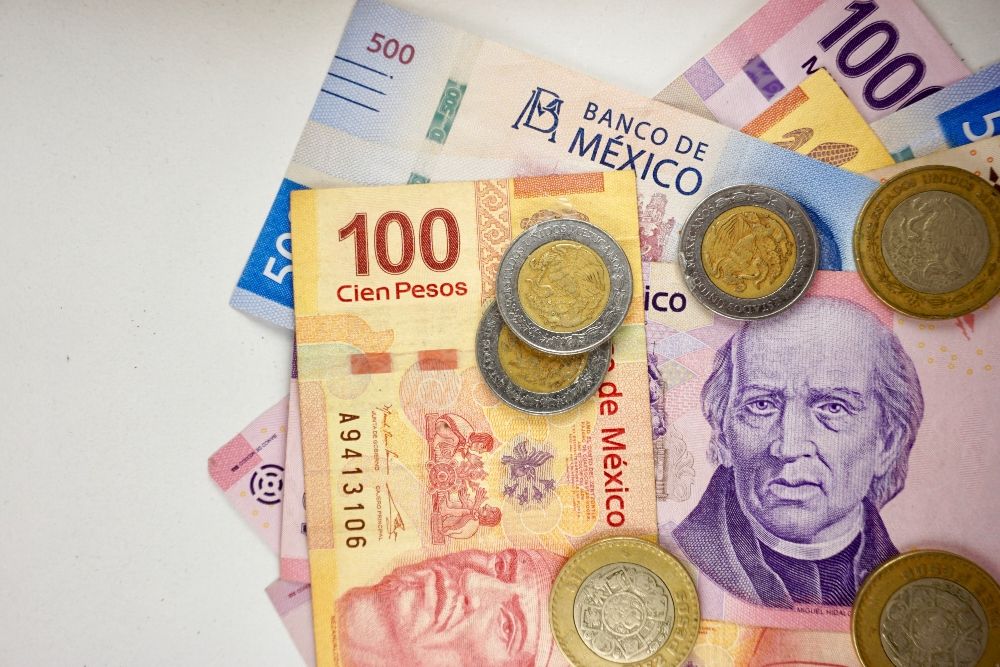
Despite rising geopolitical tensions, the Organization of the Petroleum Exporting Countries (OPEC) held a panel meeting on Wednesday and decided to maintain its current oil output policy.
The Joint Ministerial Monitoring Committee of OPEC met to assess the oil market’s situation.
The committee opted to keep OPEC’s production strategy unchanged, which includes gradually rolling back some of the voluntary production cuts introduced in December.
It also stressed the importance of full compliance with output cut quotas and the need for overproducing members to compensate for excess production.
Since February, eight OPEC+ members, including Saudi Arabia and Russia, have been voluntarily cutting their output by a combined 2.2 million barrels per day.
While the cartel had initially planned to ease these cuts starting in October, a decline in crude prices led to an extension of the voluntary cuts for an additional two months.
OPEC compliance under review
OPEC’s panel meeting on Wednesday focused on the group’s adherence to output cut quotas.
The cartel announced that Iraq, Kazakhstan, and Russia have confirmed compliance with their respective output cut targets for September.
However, OPEC noted that these cuts will only be officially verified by the second week of October.
Final assessments of September’s crude oil production will rely on data from approved secondary sources for the countries participating in the Declaration of Cooperation (DoC), which is expected by mid-October 2024.
Iraq, Kazakhstan and Russia submit output plans
Iraq and Kazakhstan have been repeat offenders this year of not complying with the output cut quotas.
Both countries have been overproducing crude oil over the last few months.
Russia, too, has overproduced crude oil at certain times during this year. OPEC said the three countries will adhere to output quotas going forward, and have submitted plans to compensate for overproduction in August.
According to a Reuters report, the above three countries said they have compensated by cutting 123,000 barrels per day of oil production in September, and will cut more in coming months.
Rising supply may halt oil’s upside momentum
OPEC+ plans to unwind some of its voluntary production cuts from December, aiming to increase output by around 180,000 barrels per day.
However, Saudi Arabia will closely monitor member compliance.
Should Iraq, Kazakhstan, Russia, and others fail to meet their output quotas, the Kingdom may be compelled to initiate a price war.
Recently, Saudi Arabia signaled its willingness to accept lower oil prices to reclaim lost market share.
A price war, with Saudi Arabia ramping up production, could have a significant impact on the oil market, especially as the outlook for global demand remains weak.
In September, Brent crude prices fell below $70 per barrel for the first time since 2021.
While prices have since recovered to $75, they remain well below the 2024 peak of $92 per barrel.
Heightened geopolitical tensions in the Middle East are currently supporting crude oil prices.
However, if supply starts to increase from OPEC, prices could take a nosedive in the coming months.
Additionally, OPEC+ would still have another 3.6 million barrels per day of spare capacity if the 2.2-million-barrels-per-day voluntary cuts are completely unwinded.
OPEC’s Joint Ministerial Monitoring Committee will hold its next meeting on December 1, it said.
The post OPEC sticks to output policy as Iraq, Kazakhstan, and Russia pledge to offset overproduction appeared first on Invezz











